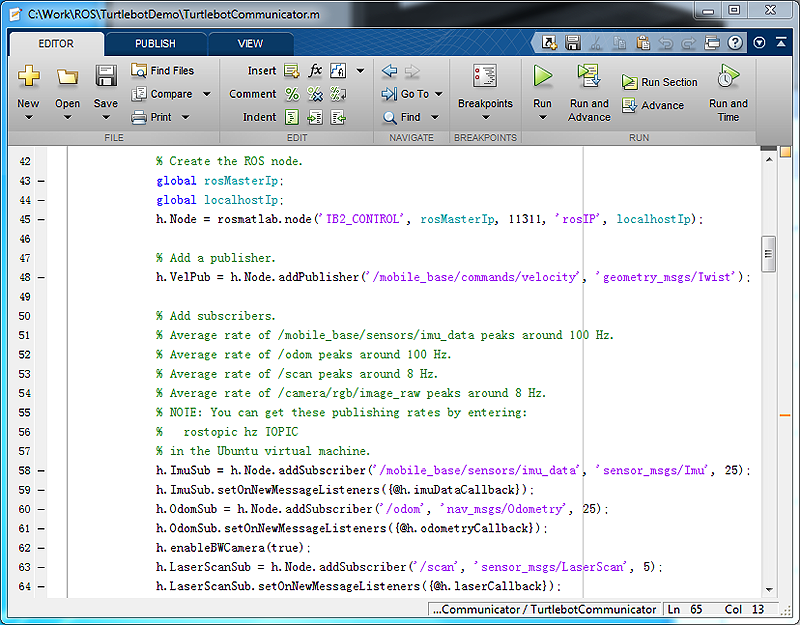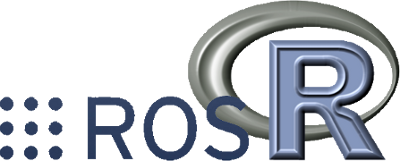We are currently looking for extremely talented and motivated students with strong software skills and a background in robotics and/or computer vision to work on an exciting new project at Google.
The position is available now. Interested candidates may apply as soon as possible.
Title: Ph.D. Student Position on Dynamic Reflective Language Integration with FPGAs for Robotic Applications
Location: Mines de Douai and ENSTA Brest (France)
Advisor and contacts:
Profile: the candidate must must hold a recent Master of Science degree in Computer Science or Software Engineering and must have solid skills in dynamic reflective language (Smalltalk).
Description of the work:
The goal of this PhD is to study Smalltalk integration with FPGAs for robotic applications. This integration will enable us get the best from both worlds. Developers are provided with a high-level dynamic reflective language (Smalltalk) for building and debugging their applications. Still, we can have high performances by projecting part of the programs into FPGAs. These reconfigurable hardware chips can achieve performance faster than C programs, while consuming much less energy.
The work to do can decompose into the following tasks:
-Analyze these applications to identify critical parts to project on FPGAs to significantly increase performances (speed, energy)
-Do the actual projection to FPGA and evaluate performances of the transformed applications
-Generalize the approach and define a methodology for turning Smalltalk code into FPGA
-Propose a solution to automate the methodology
The Ph.D student will receive a grant which net amount is approximately 1420 euros per month for 3 years (36 months).
He will be co-supervised by Loïc Lagadec from the ENSTA-Bretagne (Lab-STICC, Brest) and Jannik Laval, Luc Fabresse and Noury Bouraqadi from Ecole des Mines de Douai (CAR,
http://car.mines-douai.fr/).
The first 18th month will be spent in Douai (Lille area), while the last half of the PhD will be spent in Brest.
However, during the full 3 years, there will be a strong interaction with co-supervisers from both labs.
Bibliography:
-A Robust Layered Control System For A Mobile Robot. R. Brooks. IEEE Journal of Robotics and Automation. Vol. 2. Num 1. March, 1985.
-RCS: A Cognitive Architecture for Intelligent MultiAgent Systems. J.S. Albus and A. J. Barbera. Proceedings of the 5th IFAC/EURON Symposium on Intelligent Autonomous Vehicles (IAV 2004). Lisbon, Portugal, 2004.
-Handbook of Robotics. Bruno Siciliano and Oussama Khatib editors. Springer. 2008.
-Multi-Level Simulation of Heterogeneous Reconfigurable Platforms. D. Picard and L. Lagadec. International Journal of Reconfigurable Computing. 2012.
-High-level synthesis for FPGAs: From Prototyping to Deployment. Jason cong and stephen neuendorffer and juanjo noguera and kees vissers and zhiru zhang. IEEE Transactions on Computer-aided design of integrated circuits and systems. Vol. 30. Num 4. April, 2011.
-The MOLEN Polymorphic Processor. S. Vassiliadis and S. Wong and G. Gaydadjiev and K. Bertels and G. Kuzmanov and E. Moscu Panainte. IEEE Transactions on Computers. 2004.









